Biden weighs commuting sentences of death row inmates
With 40 men on death row, the decision – which could come by Christmas – would frustrate US President-elect Donald Trump’s ability to resume the rapid pace of executions that marked his first term.
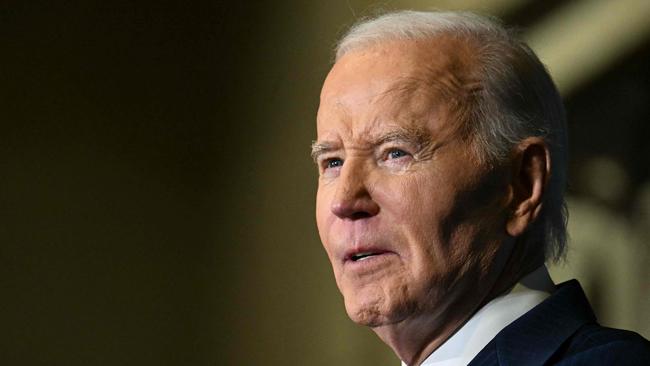
US President Joe Biden is considering commuting the sentences of most, if not all, of the 40 men on the federal government’s death row, people familiar with the matter said, a move that would frustrate President-elect Donald Trump’s ability to resume the rapid pace of executions that marked his first term.
A broad coalition of religious and civil-rights groups has been pressing Biden to take the step, and the effort gained momentum earlier this month after Pope Francis, in his weekly address, prayed for the commutation of America’s condemned inmates. If their death sentences were commuted, the prisoners, all convicted of murder, would serve life without parole. Biden, a devout Catholic, spoke with Francis on Thursday and is scheduled to meet with him at the Vatican next month, the White House said.
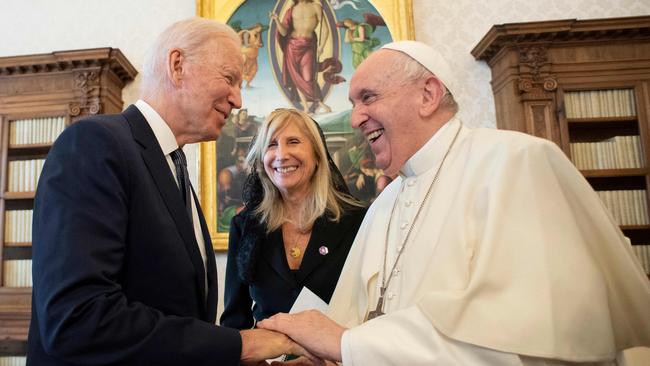
A decision from the President could come by Christmas, some of the people said. A principal question is whether the president should issue a blanket commutation of all the condemned men, or whether death sentences should remain for the most heinous convicts, these people said.
A White House spokesman said that no final decision had been made. Attorney General Merrick Garland, who oversees federal prisons, has recommended that Biden commute all but a handful of the sentences, the people familiar with the matter said, excepting a few terrorism and hate-crimes cases. The Justice Department had no immediate comment.
Possible exceptions could include Dzhokhar Tsarnaev, convicted in the 2013 Boston Marathon bombing that killed three and wounded more than 250 others, Robert Bowers, who killed 11 people in the 2018 attack on the Tree of Life synagogue in Pittsburgh, and Dylann Roof, who in 2015 killed nine at the Emanuel African Methodist Episcopal Church in Charleston, S.C.


In a pending case, the Justice Department is seeking the death penalty for Payton Gendron, who is awaiting a trial in federal court for the 2022 mass shooting at the Tops supermarket in Buffalo, N.Y. Gendron already is serving a life term after pleading guilty to state murder charges, the most severe sentence under state law because New York has no death penalty.
Those who could see their death sentences commuted to life in prison include an ex-Marine who killed two young girls and later a female naval officer; a Las Vegas man convicted of kidnapping and killing a 12-year-old girl; a Chicago podiatrist who fatally shot a patient to keep her from testifying in a Medicare fraud investigation; and two men convicted in a kidnapping-for-ransom scheme that resulted in the killings of five Russian and Georgian immigrants.
Republicans were appalled at the prospect of commutation.
“It would mean that progressive politics is more important to the president than the lives taken by these murderers,” Senate Minority Leader Mitch McConnell (R., Ky.) said in a floor speech Wednesday. “It would mean that society’s most forceful condemnation of white supremacy and anti-Semitism must give way to legal mumbo jumbo,” he said, referencing the motives of inmates like Bowers and Roof and dismissing claims of racial disparities in capital punishment In addition to the condemned men held by the Justice Department, four inmates sit on the military’s death row at Fort Leavenworth, Kan. It was unclear whether any potential commutation would cover them, or how a White House decision might affect pending cases that could lead to a death sentence, including that of Luigi Mangione, who faces federal charges in the killing of healthcare executive Brian Thompson.
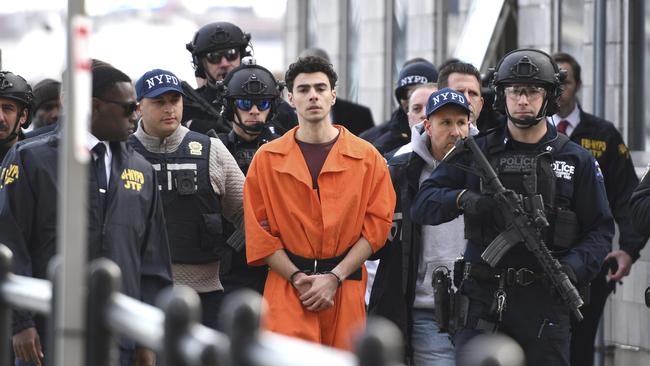
During his 2020 campaign, Biden listed abolition of the federal death penalty as a campaign plank, and over his term no executions have been carried out. In July 2021, Garland issued a moratorium on executions to review policies and procedures for capital punishment, particularly Trump-era policies that accelerated imposition of the death penalty. The Justice Department has provided no updates on the status of its review, but said in a recent court document that it is expected to be completed by March.
Garland effectively raised the bar for the federal government’s use of the ultimate punishment, authorising prosecutors to seek the death penalty in some brutal cases while withdrawing it in many others. As a Justice Department official in the Clinton administration, he oversaw the capital case against Oklahoma City bomber Timothy McVeigh, who was executed in 2001.

Biden, for his part, has done little to date to advance abolition of the death penalty. The administration didn’t give priority to Democratic bills to end federal capital punishment, and the President didn’t follow up a campaign pledge to call on states where the death penalty remains on the books to eliminate the practice. Moreover, the administration has continued to pursue death sentences in a handful of cases, including at Guantanamo Bay, where Defense Secretary Lloyd Austin is attempting to scuttle a plea bargain so that Khalid Sheikh Mohammed and two other alleged September 11 conspirators can be tried on capital charges.
But that record nonetheless contrasts with Trump’s enthusiastic support for capital punishment, both on the campaign trail and while in office. Under Attorney General William Barr, the Trump Justice Department reactivated the Terre Haute, Ind., death chamber, went to the Supreme Court to overcome inmates’ last-minute appeals, and put 13 men and women to death, the last execution coming days before Biden took office in January 2021.
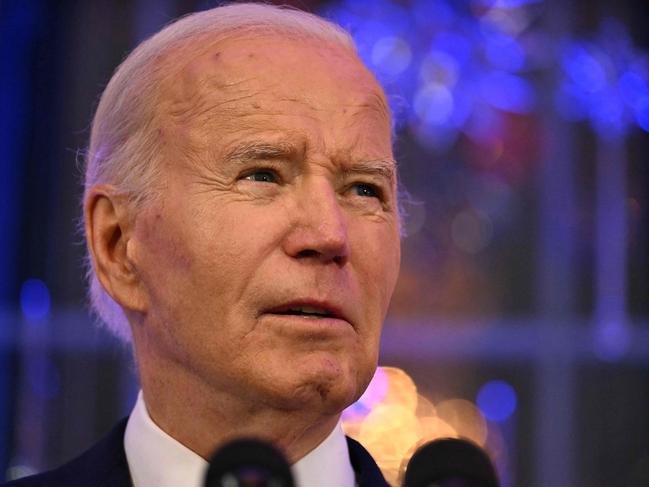
In addition to McVeigh, only two other federal inmates have been executed since 1976, when the Supreme Court established the modern legal framework for capital punishment.
Trump’s transition office didn’t respond to requests for comment on potential commutations.
Aware that the president-elect was likely to resume executions, activists mobilised after the election to push Biden, with some groups sending the White House post cards bearing the slogan, “Stop Trump Executions.” They are calling for blanket commutations because they believe the death penalty itself is immoral and unfair.
The Rev. Sharon Risher, whose mother Ethel Lance was among the victims of the Charleston church shooting, is among the leaders of the abolition call.
“The death penalty does not help victim family members. It doesn’t give us any sense of justice for the person to be executed,” said Risher, who is board chairman of the group Death Penalty Action.
Open letters have been signed by business executives, former federal judges and law-enforcement officials, and relatives of murder victims, along with dozens of advocacy groups long opposed to capital punishment, such as the American Civil Liberties Union and the NAACP Legal Defense and Educational Fund.
“We are absolutely engaging in pulling all the levers that we can,” said Yasmin Cader, a deputy legal director at the ACLU, adding, “it would cement a very powerful moral legacy and fulfil a campaign promise.”
— Sadie Gurman and Catherine Lucey contributed to this article.
The Wall Street Journal

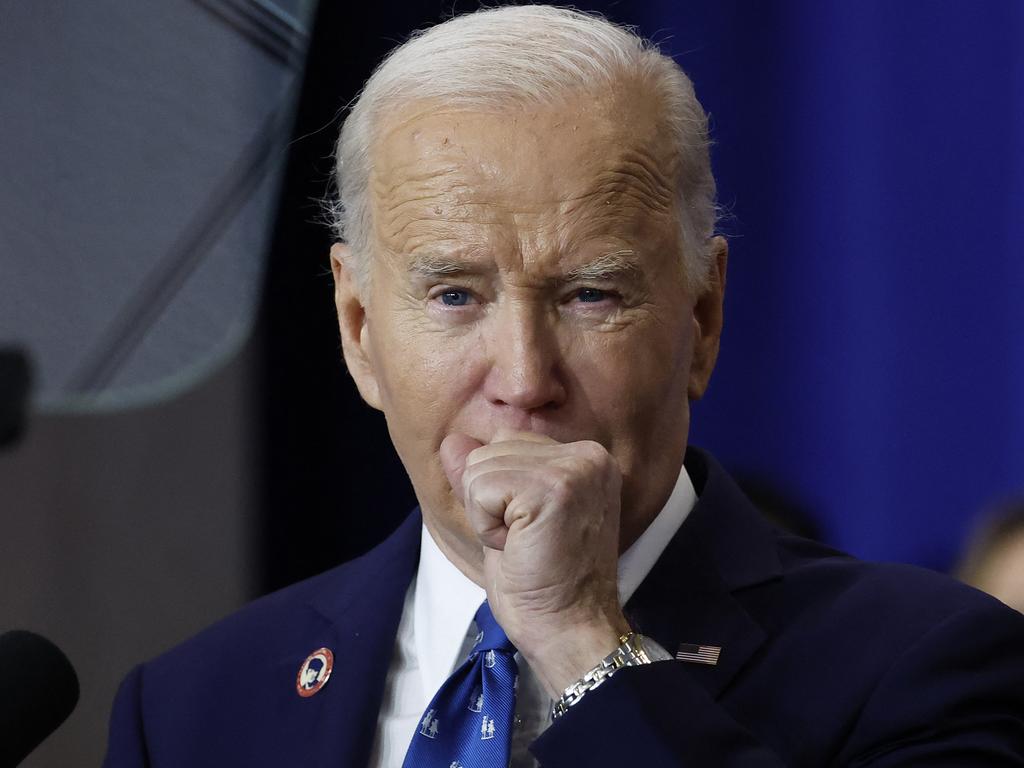



To join the conversation, please log in. Don't have an account? Register
Join the conversation, you are commenting as Logout